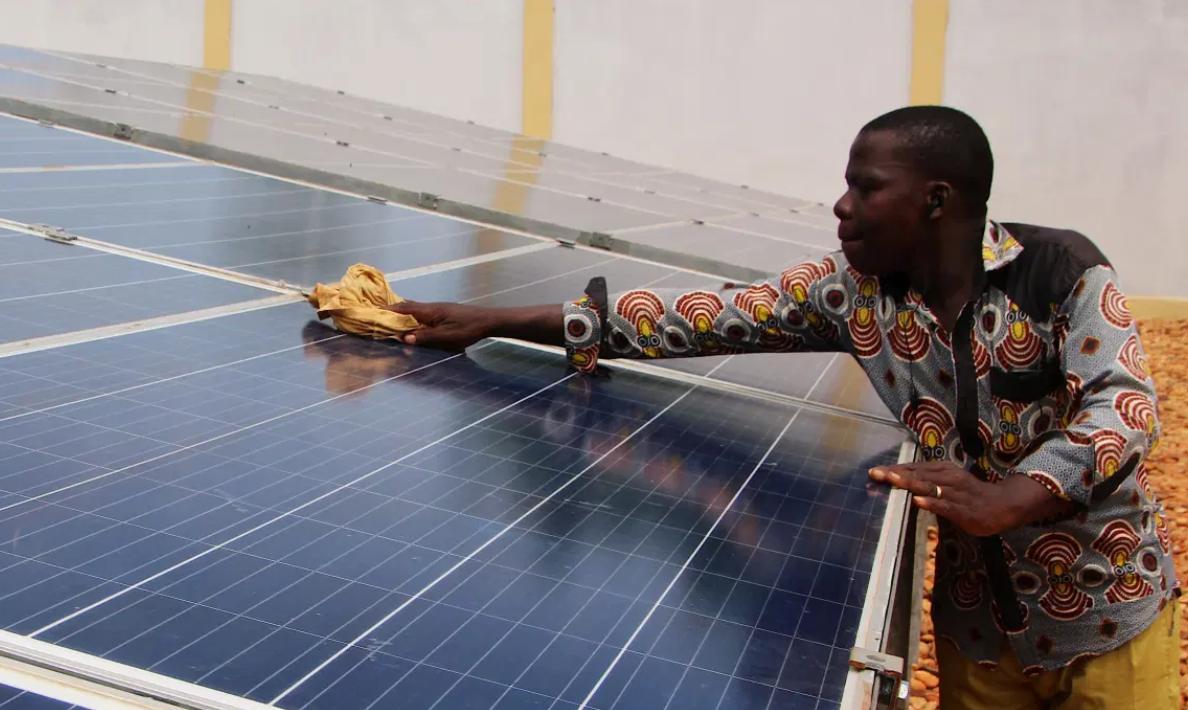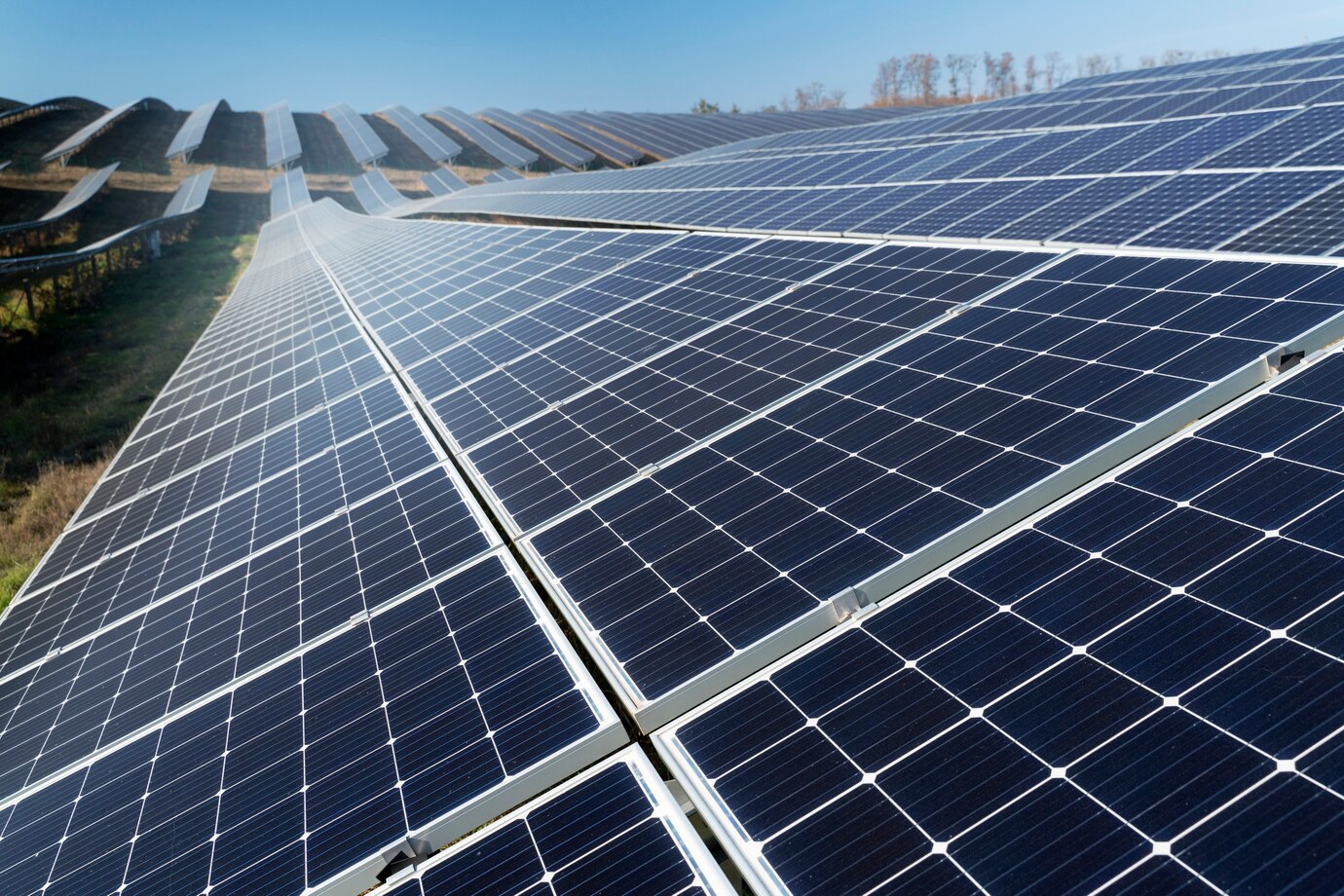Small and medium scale enterprises in Africa receive about $70bn of credit each year. But the International Finance Corporation estimates that the gap exceeds $300bn.
Why does the gap exist? Michael Famoroti, chief economist at Stears gave two reasons during a recent TechCabal Live event on financing renewable energy companies in Africa.
First, there is an information problem.
Credit providers seem to lack enough information with which to assess the risk worthiness of many borrowers. This problem exists at the retail level as most bank customers who have tried to take personal loans will be aware.
But it is arguably a bigger problem for SMEs and startups whose businesses are typically regarded as high-risk and unproven.
The second reason Famoroti gave is that credit providers may not find enough value in the use proposed for the funds. In this case, creditors may play safe by lending to legacy industries like real estate or banking, while taking a skeptical approach to promising but new ventures. Like renewable energy for example.
So if you are setting up a renewable energy startup to provide electricity to the more than 50% of people living in SubSaharan Africa who lack access, how do you find funding?
The TechCabal Live event had Marly Diallo, Wiebe Boer and Christian Wessels in attendance as guests.
Diallo runs BRT Energy, a startup that regenerates batteries by reducing lead-acid waste. She started her career in fintech and banking, but when it was time to raise money for BRT, she hid many roadblocks.
In BRT’s early days, she met the criteria for a certain funding program. But because she could not produce three years of financial statements, she did not get access to the money.
Marly’s experience is not an anomaly.
Wessels, co-founder and CEO of Daystar Power, also has a banking background having worked at Barclays for years. Founded in 2017, Daystar now operates hybrid energy solutions that combine solar and generator sets in Ghana, Nigeria, Senegal and Ivory Coast.
Last year, they raised $38 million in a Series B round but it was mainly from development finance institutions in Nordic countries. But Wessels still remembers the anxiety that came with sourcing funds locally.
“Nigerian banks played zero role in our financing. That’s not great because we don’t like the idea that as a West Africa company, that we are getting money mainly from overseas.
“I mean, thank God we get the money but why is it that we need to rely on DFIs and European investors when what we are doing is locally valuable?”
Such experiences scar founders and make it seem like there are no funding opportunities for renewable energy financing within Africa. But some organisations have come aboard bearing some hope.
All On is an independent, off-grid energy impact investment company. It was founded by Shell, the oil company, as a vehicle for giving back to Nigeria by making impact investments into the renewable energy sector. Shell provided the seed funding but doesn’t make any money from the venture.
Wiebe Boer, All On’s managing director, empathizes with founders who need funding but have little sources to reach out to. With banks an obvious “waste of time,” he advises that family and friends will continue to be the first base for most founders.
From there, it might be possible to access funding from All On’s initiatives for projects at the ideation stage. At the moment, the firm partners with two organisations for this purpose: the Clean Tech Hub in Abuja and the Nigeria Climate Innovation Centre in Lagos. These initiatives give up to $10,000.
Above that is another stage of up to $50,000 debt investment for companies that are, for example, doing their first minigrid or importing solar equipment. All On does this in partnership with the US Africa Development Foundation. USADF matches All On’s $50,000 loan with a grant of $50,000.
All On could invest further in startups that show promise after this stage. For example, Auxano, a solar equipment company, received the $50,000 loan in 2018. It performed well enough for All On to invest $1.5 million last September to help the startup scale its assembly plant over the next five years.
“It really is about being credible from the beginning and delivering even at a small level. With that, investors can give you more money,” Boer says.
What Marly, the BRT founder, has learned is that a pilot program can be useful in showing how useful an investor’s funds will be.
“You need to prove your concept by doing pilots to get customers.You need to make sure that what you are pushing is adopted by the market,” she said.
Wessels, who now has access to entrepreneurship support networks like Endeavor Nigeria that give Daystar access to more funding, says new founders will need much tenacity and patience along the way. But he hopes they persevere because “ultimately, there is a big market to serve.”
Watch the full video of the TechCabal Live event on financing an African renewable energy company here.




















